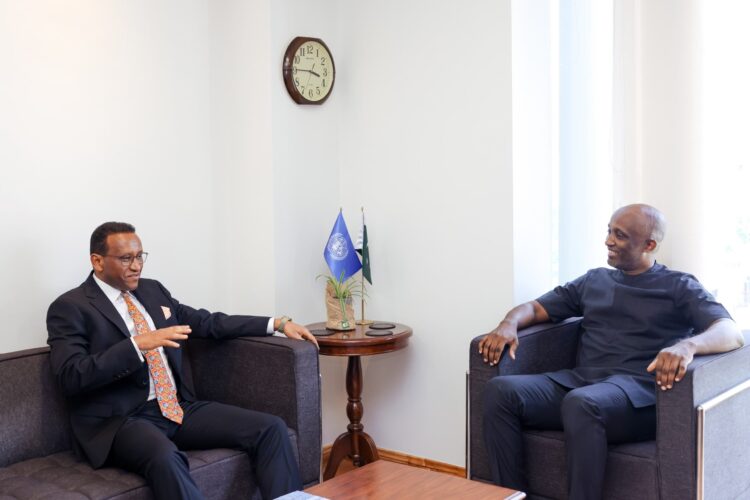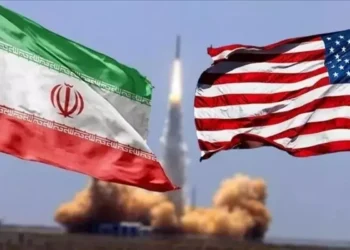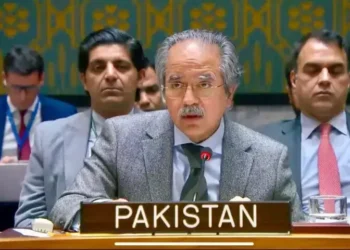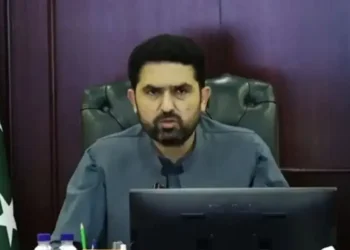The Ethiopian Embassy in Islamabad and the United Nations in Pakistan have agreed to jointly mobilize international participation, including Pakistan’s leadership, for the upcoming 2nd United Nations Food Systems Summit Stocktake, scheduled to take place from July 27–29, 2025, in Addis Ababa, Ethiopia.

slamabad, June 26, 2025 — The Embassy of Ethiopia in Islamabad and the United Nations in Pakistan have pledged coordinated efforts to support the 2nd United Nations Food Systems Summit Stocktake, being co-hosted by Ethiopia and Italy in Addis Ababa from July 27 to 29, 2025.
This agreement was reached during a meeting between H.E. Dr. Jemal Beker Abdula, Ambassador of Ethiopia to Pakistan and Special Envoy, and H.E. Mr. Mohamed Yahya, UN Resident Coordinator in Pakistan.
Both sides emphasized the importance of Pakistani leadership’s participation in the high-level global forum aimed at reviewing progress on food systems transformation and boosting international cooperation in the sector.
Ambassador Dr. Jemal briefed the UN official on the comprehensive preparations being made by Ethiopia to host the Summit. He outlined Prime Minister Dr. Abiy Ahmed’s strategic initiatives for climate adaptation, green development, and food self-sufficiency, including the Green Legacy Initiative, the Grand Ethiopian Renaissance Dam, and the Bounty of Basket program.
“The summit will be a great opportunity to further strengthen bilateral and multilateral cooperation between Ethiopia and Pakistan,” the Ambassador remarked, highlighting growing collaboration in climate change and food security.
Mr. Yahya praised Ethiopia’s leading role in reforestation, food security, and sustainable development, and commended its active engagement in hosting major international forums. He assured full support from the UN in Pakistan to promote the success of the summit and ensure high-level participation from the region.
The Food Systems Summit Stocktake aims to assess global progress since the first summit in 2021 and accelerate collective efforts toward building resilient, inclusive, and sustainable food systems worldwide.



































































